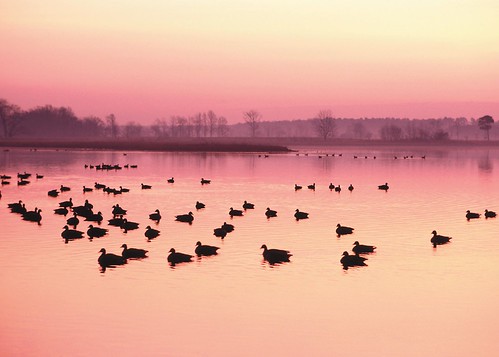Our own Steuart Pittman ( Dodon Farm Training Center, Davidsonville, Anne Arundel) joins the important Agricultural Certainty Oversight Committee !!
Agriculture Secretary Announces Members of Agricultural Certainty Oversight Committee
 ANNAPOLIS, MD – Agriculture Secretary Buddy Hance has announced member of the Agricultural Certainty Oversight Committee – the group that will develop the regulations necessary to implement the program and then continue to evaluate the program and make recommendations for moving forward.
ANNAPOLIS, MD – Agriculture Secretary Buddy Hance has announced member of the Agricultural Certainty Oversight Committee – the group that will develop the regulations necessary to implement the program and then continue to evaluate the program and make recommendations for moving forward.
The Agricultural Certainty Program, which was passed by the General Assembly during the most recent legislative session, will allow farmers who voluntarily implement advanced best management practices (BMPs) to conduct their business without additional regulations for ten years. After ten years, however, farmers will have to be in full compliance with all regulations in effect at that time. The intention of the program is to help speed up Bay Restoration efforts by encouraging farmers to more quickly implement BMPs while providing them with a predictable regulatory environment.
“The members of the Oversight Committee are proven experts and dedicated environmental and agricultural professionals who will bring a vast array of perspectives and experience to the important task before us,” said Secretary Hance. “I thank each of them for volunteering for this position and I look forward to working with them in the months ahead to make the Agricultural Certainty program the most effective and successful it can be..”
Members are:
• Ridgway Hall, attorney, Washington, D.C.
• Trey Hill, farmer, Rock Hall (Kent County)
• Lynne Hoot, Edgewater (Anne Arundel County)
• David Kann, AET, Crop Consulting, Dover, PA
• Drew Koslow, Choptank Riverkeeper, Easton (Talbot County)
• Wes Messick, Dorchester County Soil Conservation District Chairman
• Doug Myers, Chesapeake Bay Foundation, Annapolis (Anne Arundel County)
• Judith Marie O’Neil, University of Maryland Center for Environmental Science, Cambridge (Dorchester County)
• Steuart Pittman, Dodon Farm Training Center, Davidsonville (Anne Arundel)
• James Raley, Valentine’s Delight Farm, Avenue (St. Mary’s County)
• Denny Remsburg, Frederick/Catoctin Soil Conservation District Manager
• Paul Spies, Chester River Association, Cordova (Talbot County)
• Robert Stabler, farmer, Brookville (Montgomery County)
• Wayne Stafford, Cecil County Farm Bureau (Cecil County)
• Ann Swanson, Chesapeake Bay Commission, Annapolis (Anne Arundel County)
In addition to these members, the committee will include representatives who have not yet been selected from the U.S. Environmental Protection Agency, the U.S. Department of Agriculture and the Maryland Department of the Environment.
# # #
